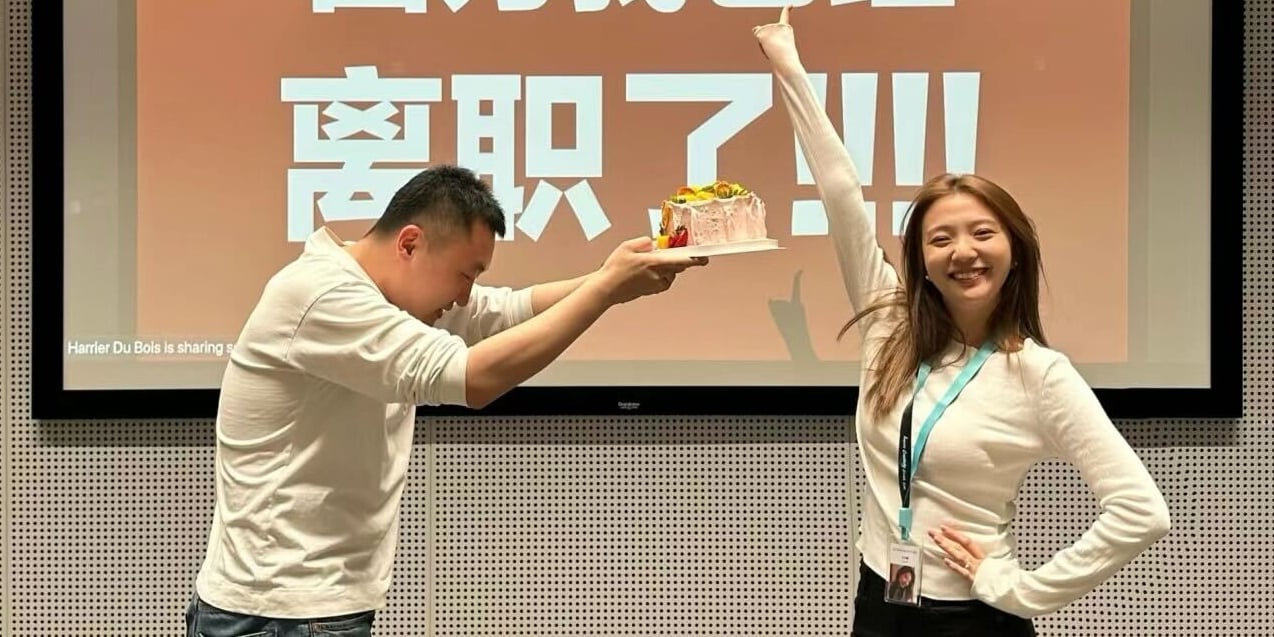If you thought nursing homes were reserved for retired, elderly people, think again. Across China, hostels, coffee shops, and rural resorts are branding themselves as “junior nursing homes” (青年养老院, qīngnián yánglǎoyuàn) reserved exclusively for Gen Zs and millennials.
At one junior nursing home located in the remote but scenic Mandiu Village, Yunnan, young people under 45-years-old can check themselves in for 1500 RMB a month. The owner Lu Baike initially thought the nursing home would attract freelancing digital nomads, but actually many of the residents are white-collar corporate workers (上班族, shàngbānzú) looking for an escape from the urban hustle.
The residents are encouraged to unplug, space out, and socialize with each other. According to Lu, most residents wake up at 7 a.m. to run, and the nursing home arranges a variety of activities including farming, gardening, hiking, and impromptu concerts.

The phrase “junior nursing home” has reached over 4.2 million searches on Xiaohongshu. The popularity of this concept comes in tandem with the “laying flat” (躺平, tǎng píng) mentality, which conveys the desire to relax, pause, and go with the flow. In fact, many junior nursing homes market themselves as a chance for young people to “lay flat.”
One resident Qiu Xiaotian said she came to the nursing home to “lay flat” temporarily. At the nursing home, she cooks for herself, wakes up naturally, and feels healthier overall. She hopes that her time as a resident will help her recharge and bounce back in her career with clearer goals.
Qiu said her parents were concerned for her future prospects when she checked herself into the nursing home. Like Qiu’s family, many believe that young people at their prime should pursue opportunities rather than “lay flat.” Some express more practical concerns, arguing that young people are better off working hard and contributing to society rather than escaping altogether.
Still, young people in search of junior nursing homes are looking for a reprieve from bustling cities, economic pressures, and family duties, signalling that mental health is a growing priority amongst younger generations in China.
Banner image via Yitiao.


















